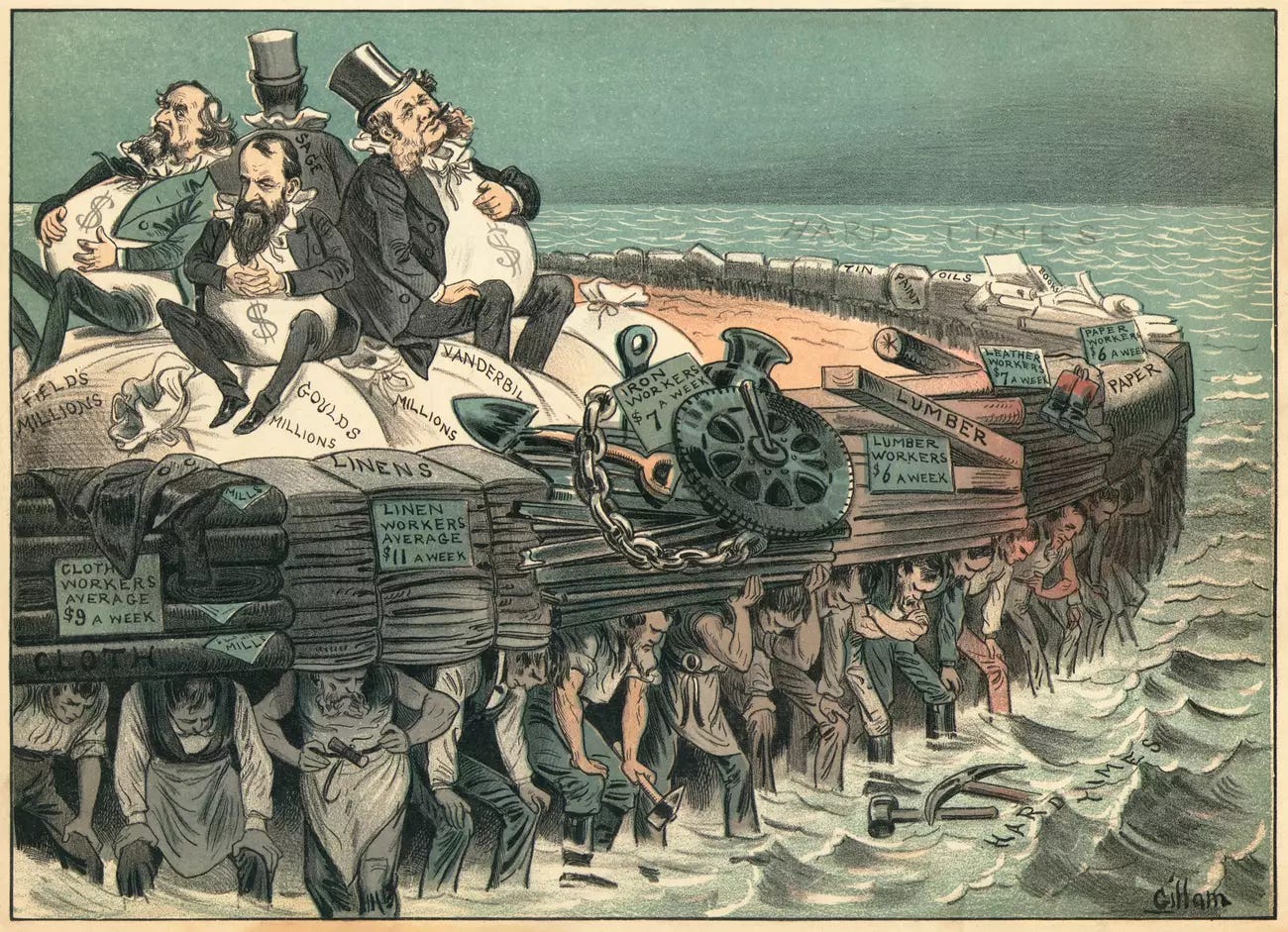Capitalism is Killing Our Democracy
We’re in the middle of a second Gilded Age, and no one wants to admit unrestrained capitalism is the problem

Keep reading with a 7-day free trial
Subscribe to The Journeyman. to keep reading this post and get 7 days of free access to the full post archives.



